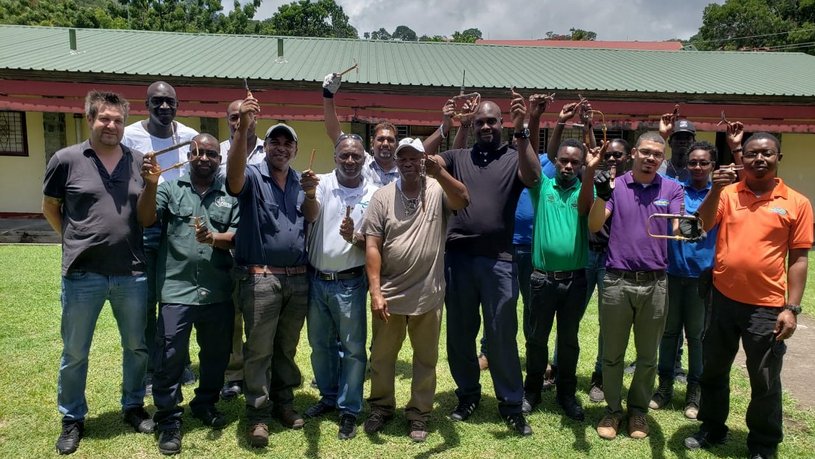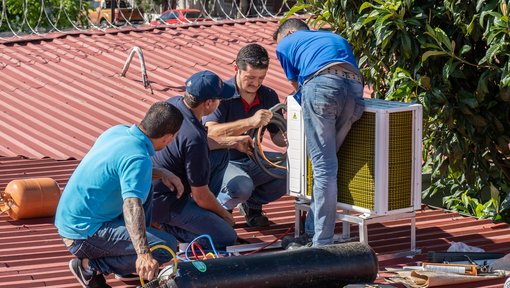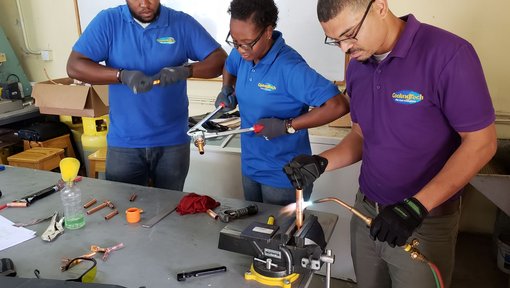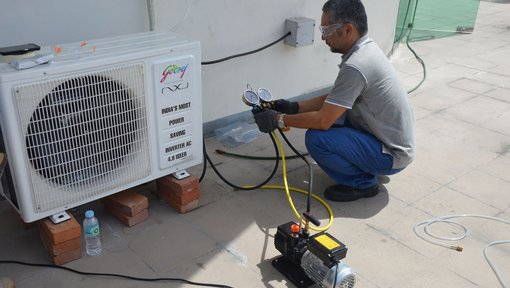The project 'Cool Contributions fighting Climate Change (C4)' started in 2016 and will expire at the end of June 2021 after the partner countries Costa Rica, Grenada, Iran, Philippines and Vietnam have successfully developed strategies to reduce greenhouse gases in the RAC sector.
Measures for the sustainable transformation of the sector have been implemented in all countries. Building on the promising results of C4, a succeeding project is in the planning. We would like to take this as an opportunity to give a brief review of the project results of C4.
Policy advice: Establishment of RAC GHG inventories and strategies
For five of the six partner countries (Philippines, Costa Rica, Grenada, Iran, Vietnam) RAC GHG inventories were published. The RAC GHG inventories serve as a basis in establishing and implementing target-oriented mitigation strategies and thereby advancing NDCs. In all three countries Costa Rica, the Philippines and Grenada, the RAC sector has been included into the revised NDCs (only Grenada has officially submitted them so far).
Inventory Reports
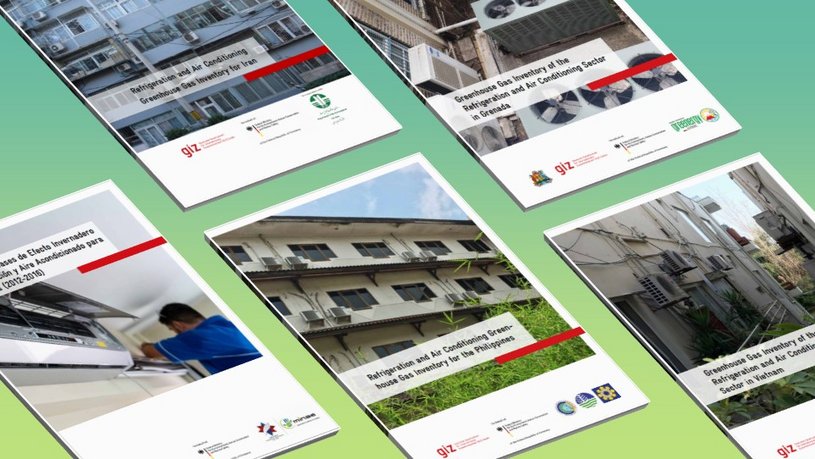
In Grenada, the development of a National Cooling Action Plan (NCAP), which will be published by the end of this year, has led to a strong stakeholder commitment and a prominent role of the RAC sector within the country’s NDCs. The NCAP builds on the data analysed within the RAC inventory and focuses on room cooling in buildings, as this sector has shown the highest mitigation potential. Unitary air conditioning (mostly used for room cooling) is responsible for 55% of the total emissions of the RAC sector in the Caribbean island. The NCAP highlights concrete actions in the fields of building performance standards, increasing energy-efficiency of RAC appliances and the shift to natural refrigerants and new technologies.
Leslie Smith, Coordinator of the National Ozone Unit, stated that the development of the NCAP will allow the State of Grenada to position itself as a leader in using smart and sustainable cooling strategies. Marion Geiss, deputy head at GIZ Grenada, adds that the finalization of the NCAP is an important milestone for the Caribbean island: “The Green Cooling Action plan can and will make a significant contribution to Grenada’s climate target. I am proud to say that the C4 project has played a crucial part in illustrating the need for greener cooling within the national climate agenda.”
Capacity Building: Training the RAC workforce of the future
GIZ Proklima is actively involved in the training of RAC technicians worldwide. In the courses, the trainees get in-depth knowledge on new technologies and the capacity to operate and maintain cooling appliances based on natural refrigerants. In total, 32 technicians were trained in the use of natural refrigerants in Germany. In addition, 75 RAC trainers and technicians were trained in the three main countries (Grenada, Philippines and Costa Rica).
C4 project pictures
Technology Transfer
Technology Transfer: Piloting
In the three main partner countries (Grenada, Philippines and Costa Rica), 140 energy-efficient R290 split ACs were imported through the project and installed for demonstration purposes in various facilities such as hotels, training centres or public buildings.
"Transitioning from low efficient GWP refrigerant split ACs to high efficiency ACs using R290 represents the mitigation measure with the largest mitigation potential in the cooling sector globally”, adds C4 project lead Philipp Munzinger. Measurements on energy consumption of the installed ACs in Grenada for example showed that the systems are up to 70% more energy-efficient compared to the old systems. The measure was documented by ‘Deutsche Welle’ (the German international public broadcaster) and published in a short film in September 2018.
Short film
This video is being blocked because of your cookie settings.
For the preparation of the RAC GHG inventories and for the NFC RAC strategies around 22 regional workshops and 3 webinars were held on the analysis methods and tools used.
What will 2021 bring?
The project will maintain and strengthen its close cooperation with the partner countries Costa Rica, Grenada and the Philippines, increase ambitions in the implementation of mitigation measures and make best practices from the three countries globally available to replicate them in other countries or regions.
In addition, the project is keen to focus more on the use of renewable energy for cooling buildings (Renewable Cooling), particularly solar, to further accelerate decarbonization. Renewable cooling offers great potential for further reduction of GHG emissions and is especially suitable for small island solutions.
All C4 team members would like to thank the partners for their continued efforts in the fight against climate change and look forward to all future activities!

